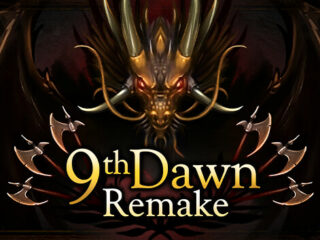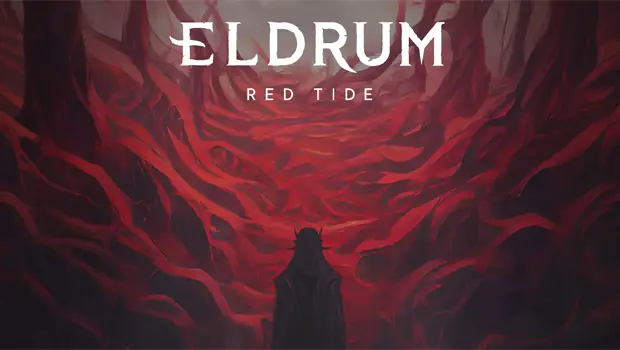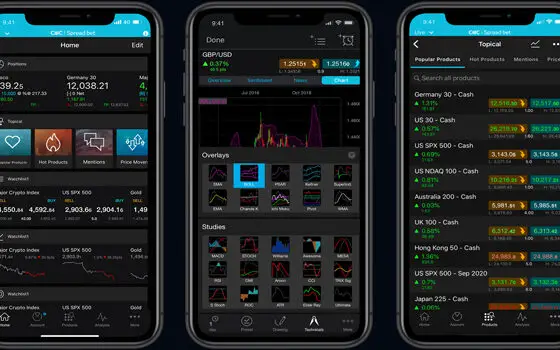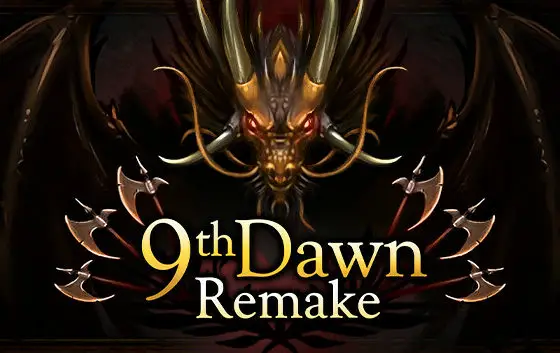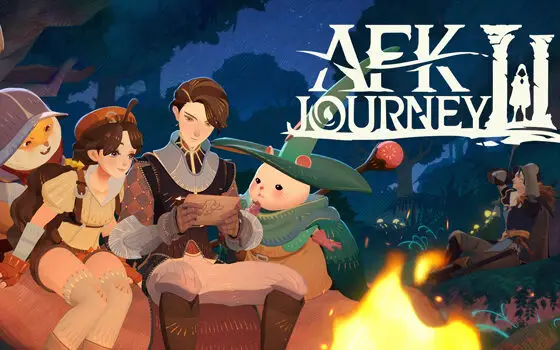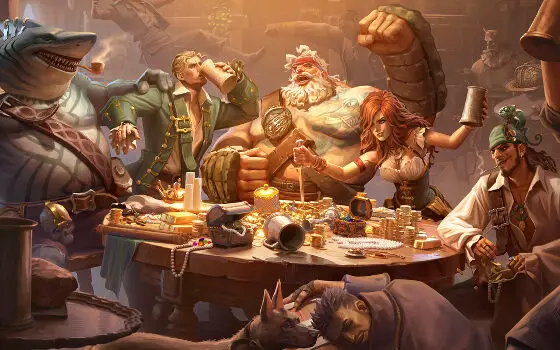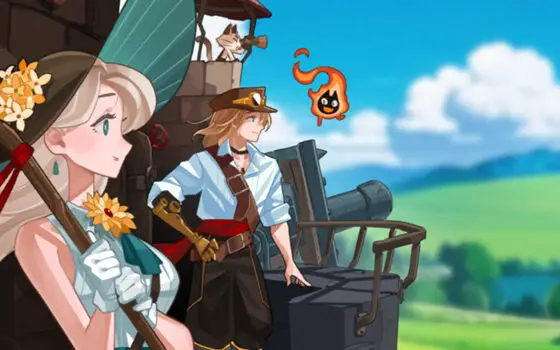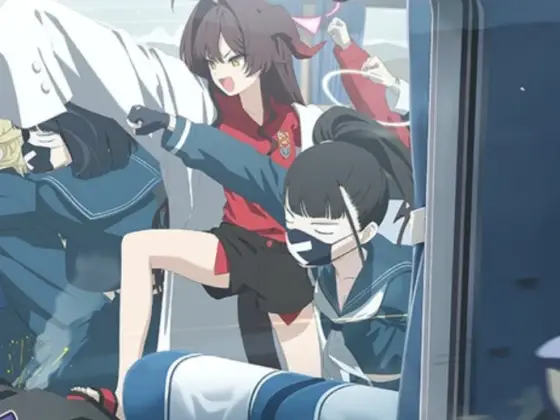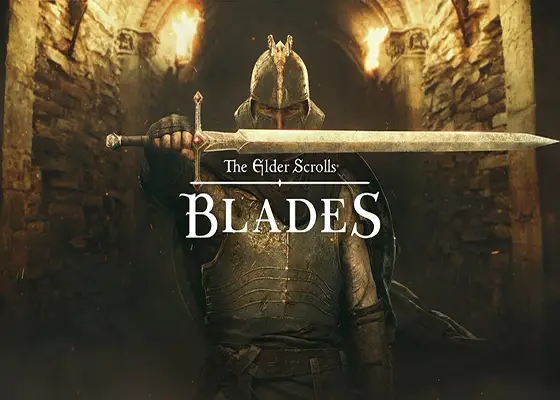A Text-Based Bloodbath
Developed and Published by Act None AB, Eldrum: Red Tide throws players into a dark fantasy world after a devastating war. A primarily text-based RPG with turn-based combat, Red Tide is an overall technical improvement compared to its predecessor, Eldrum: Untold. However, while the writing is still above average, I can’t help but feel the story lacks its predecessor’s emotional weight.
Red Tide takes place a few years after Untold, though you play a different character and will be perfectly fine going in blind. While Untold references the earlier game, you don’t need to play it to understand what is happening.
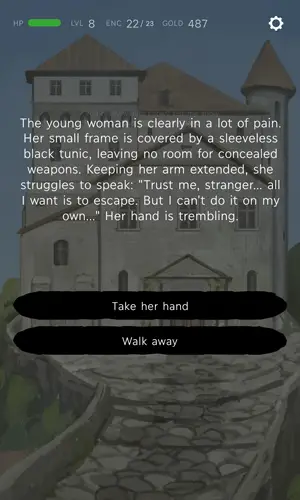
Eldrum: Untold ends with the city-state of Roeberg under assault by foreign invaders. This is when Red Tide’s flashback prologue occurs, with the player and their brother serving in Roeburg’s Militia. After searching in vain for their missing sister, the flashback ends with players waking up from a nine-month coma. You are now out of a job, your brother is missing, and players must embark on a quest to find your missing siblings.
Choose-Your-Own Murderer
Most of the game is text-based, with some very nice illustrations to set the scene. Resembling a choose your own adventure book, each “page” will have a paragraph describing what the player sees, hears and does. Eldrum then gives players multiple options for how to proceed. Given this, the quality of writing is critical, and Red Tide delivers. While I have some issues with the broader plot, which we’ll get into later, the characters and individual scenes are all very well written.
I also really found myself getting drawn in by the world and the many characters who inhabit it. While the land of Tem Khiris may be late-medieval in technology, its culture and mythology have a decidedly pre-Christian feel. It’s also a very low-fantasy setting, with magic being the exception rather than the rule. Still, it doesn’t need magic to be interesting, as each new location brings something fascinating to discover.
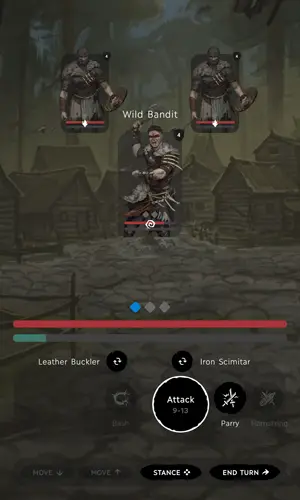
Granted, a lot of those discoveries are exciting new flavors of murder. You see, Eldrum is dark fantasy, verging on excessively so at times. The death screens revel in the specifics of your character’s mutilation, and I started rolling my eyes at how often the phrase “left to rot” appeared. I don’t want to come down on the writing too hard because I liked it overall. However, I couldn’t escape the feeling that Red Tide’s writer was just trying to be edgy.
Turn-Based Heroics
The other half of the game is combat using a pseudo-first-person turn-based system. Enemies appear as rows of cards facing the player. Enemies usually sort themselves into ranks, with fighters up front and archers in the back. Players can move forward or backward during their turn. However, players can only advance if the rank ahead of them is empty. Additionally, each rank can only have three enemies at a time.
In addition to a basic attack, players get different abilities based on their weapon and, optionally, shield. While some are just more powerful attacks, they usually have some secondary effect. Some attacks inflict Bleed for damage over time, while Hamstring lowers the target’s speed and, therefore, its place in the turn order. Others can stun, break defenses, or even push enemies back to the rank behind them. The latter is handy for “juggling” melee combatants, keeping them out of the fight while you focus on their friends.
Both you and your enemies also temporarily enter an Aggressive or Defensive stance. You can get most of the way through Red Tide without worrying about Stance. However, properly using your stances can be a lifesaver later in the game. Overall, I found combat challenging but satisfying and much more mechanically interesting than in the previous game.
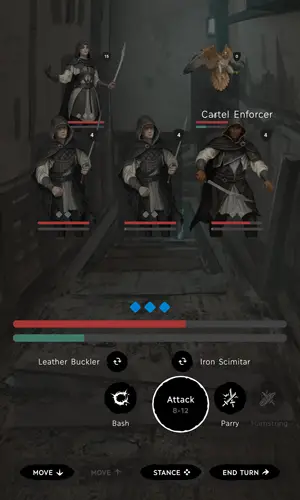
Unfortunately, Red Tide’s weakest link is the plot. While I will try to avoid giving away too much, anyone who wants to go in blind should stop here. To summarize my opinion, Eldrum: Red Tide is an excellent, text-based RPG with an intriguing if sometimes overly edgy, world and satisfying combat. I recommend it and hope that Act None releases more games in this setting.
A Receding Tide
As I said, your character’s primary motivation is finding his missing siblings. However, given their lack of screen time, I found it awfully hard to care about them. Your brother at least plays a prominent role in the prologue, but your sister doesn’t even appear until the very end of the game. I accidentally got my brother killed in one ending and felt nothing.
The game also solves its central mystery in the least interesting way possible. In the last hour or so of the game, players find out that a previously unmentioned evil cult had hired the cartel who kidnapped their siblings. They plan to sacrifice your family, along with a few hundred other people of the same bloodline, to become gods. We learn about this cult’s existence about 15 minutes before embarking on the final mission to stop them.
Tem Khiris is home to criminal syndicates, religious turmoil, and city-state politics. Going with evil fantasy cult #2259 at the eleventh hour was a massive rug-pull. I’m not sure what the developers were thinking.
Eldrum: Untold, didn’t have these problems. That game made me care about its characters enough that I cared when they died. It accomplished that by giving them a presence in the story so I had time to connect with them. Its villains were as interesting as they were despicable and felt much more incorporated into the world. The Khiris Cartel has a history and a clear effect on the world. The cult doesn’t.
Again, Eldrum: Red Tide is a good game, and I hope Act None continues the series. I strongly encourage you to try it even if you’re not necessarily a fan of the genre. I just hope the next game ends on a more satisfying note.
Is It Hardcore?
Yes!
While I found the ending disappointing and some of the writing overly edgy, Eldrum: Red Tide is a short but excellent text RPG with satisfying turn-based combat.
